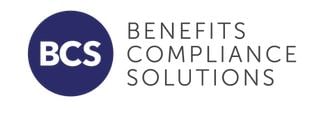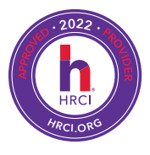Important Considerations for Employer Health Plans in a Post Roe v. Wade World
On June 24th, 2022, the Supreme Court of the United States overturned its rulings in Roe and Casey, a decision that immediately sent shockwaves throughout the country. One of the biggest concerns has surrounded employers and the practice of paying for abortion services and travel reimbursement expenses via employer-sponsored health plans. With little clear direction from the states on this specific topic, employer decisions pose a high-risk situation.

- What employers should be considering that is already well grounded in existing regulations
- Which items are less than clear
- What we all should be watching out for to help clarify the confusion.


Approved for 1 HRCI and 1 SHRM credit.


Sarah Borders, CEBS
Sarah is an industry leader in providing guidance on legislative and regulatory topics, such as: ERISA, The Affordable Care Act (ACA), Section 125, COBRA, HIPAA, Medicare Secondary Payer, & Tax advantaged accounts (FSAs, HRAs, HSAs, DCFSAs).
In her previous roles as VP of Benefits Compliance with NFP and Director of Compliance with a regional benefits firm, she's served hundreds of employers' compliance needs, from identification to resolution, written dozens of articles on regulations, and frequently presents on compliance topics.
She is an active board member of the Austin Association of Health Underwriters and a member of the NAHU Legislative Council Employer Working Group.
Her designations include: an active license with the Texas Department of Insurance, CEBS (Certified Employee Benefits Specialist), Certified Health Care Reform Professional, NAHU HIPAA and ACA certification and Health Care Service Associate with AHIP.
She holds an MBA from Texas A&M Corpus Christi and a BA from the University of Incarnate Word Corpus Christi.
Watch Now

